Parallel Stories’s focal point is Anne Frank’s diary, with Helen Mirren reading from Frank’s diary whilst sitting in the girl’s erstwhile hiding place (meticulously reconstructed by the Piccolo Teatro in Milan). Yet it is also a physical and metaphorical journey as we watch a contemporary girl (Martina Gatti) visit Frank’s grave in Bergen Belsen and then search for more information about her. The girl’s search is interspersed with shocking archive footage of the Nazi roundups of Jews and the concentration camps. There are also interviews with Holocaust survivors: five women who are a similar age to Anne Frank and whose terrible journeys mirror her own, albeit with happier outcomes. These are the parallel stories of the title and constitute the heart of the film.
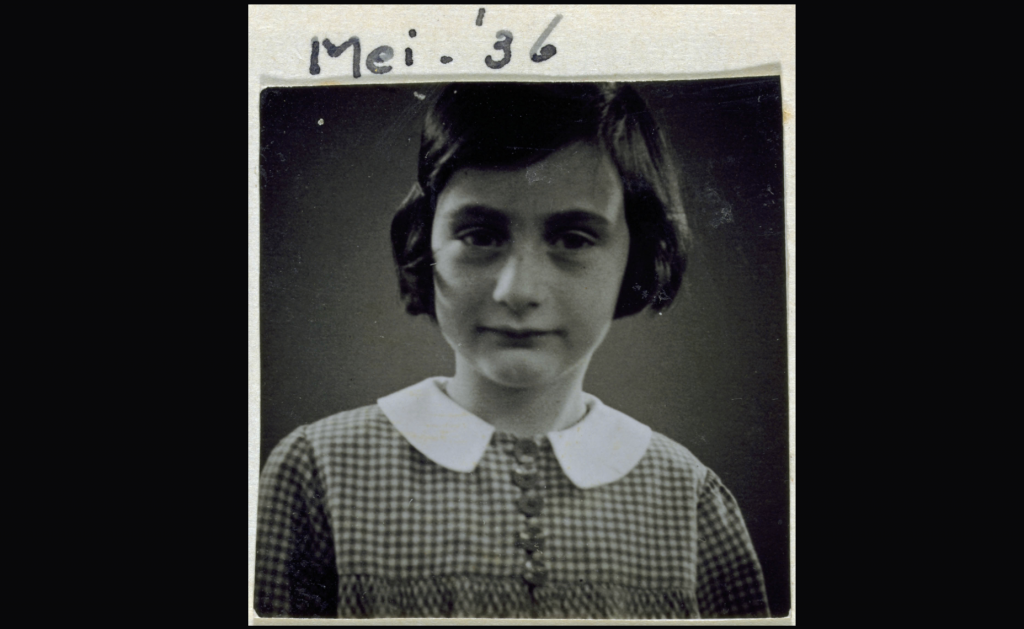
Directed by Sabina Fedeli and Anna Migotto and made in collaboration with the Anne Frank Fonds in Basel, Anne Frank: Parallel Stories – coming to select cinemas from 27th January – seems very much aimed at younger audiences and is ideal either for pupils studying the subject at school or who are trying to get their heads around this fathomless history almost too awful to comprehend. The film is comprehensive and clear, walking the viewer through the origins of Nazism, the Final Solution, the deportation camps (such as the one at Terezin) and the aftermath of the war, including the years of silence broken during Eichmann’s trial in Israel in 1961. Staggering numbers are rattled off, including the number of minors transported to Auschwitz and how many survived.
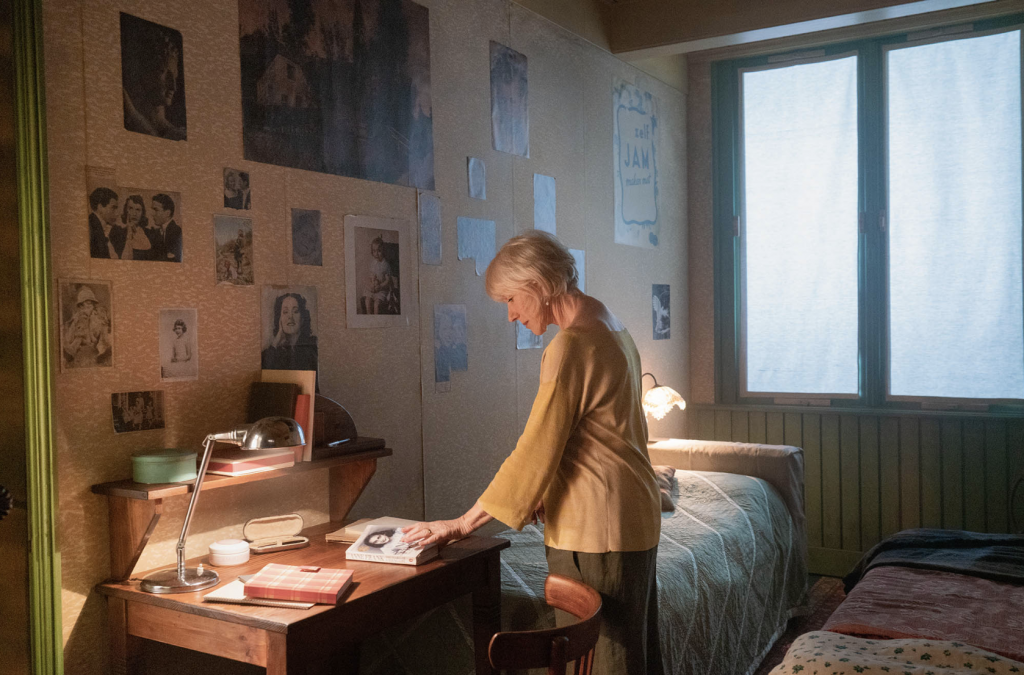
There is little here for older or more informed viewers, yet that does not mean the stories told do not move or shock. The footage of Anne’s father Otto, the only member of the Frank family to return from the camps, was incredibly moving, but it is the accounts given by the survivors and their descendants that are particularly poignant: a young man who has an identification number mirroring that of his grandmother’s tattooed on his arm; a woman who only begins to grasp what her grandmother experienced when she visits a museum in Paris – suddenly the story is not the overwhelming one of the 6 million who perished, but becomes something more personal and visceral; a woman describing how as the child of a survivor, she can never fill the void left by family members who did not return from the camps.
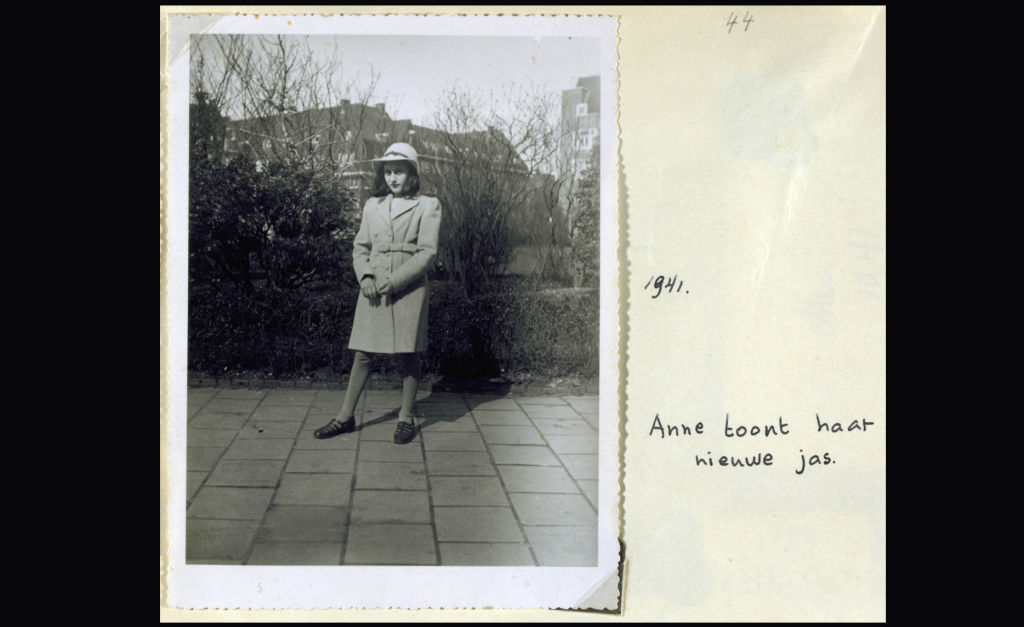
The burden of guilt endured by the women lives on in their descendants, yet the fact that grandchildren and great-grandchildren exist also cocks a snook at those who tried to erase the Jewish people from the earth. One survivor talks of visiting the concentration camp with her family, entering the facility waving the Israeli flag and hoisting it high as they left. She also talks of survival techniques: exchanging recipes, ‘reciting all the poems you know’ and singing – Piaf for the French and ‘Mamma’ for the Italians. There is a nice array of languages and nationalities: French, Italian and Czech mingle with English. As well as the narrator and the survivors and their families, there are historians and an ethno-psychologist. The historians are anything but stuffy and all contribute to making this a fascinating and engrossing account that feels extremely personal thanks to the women’s stories and Anne Frank’s diary entries.
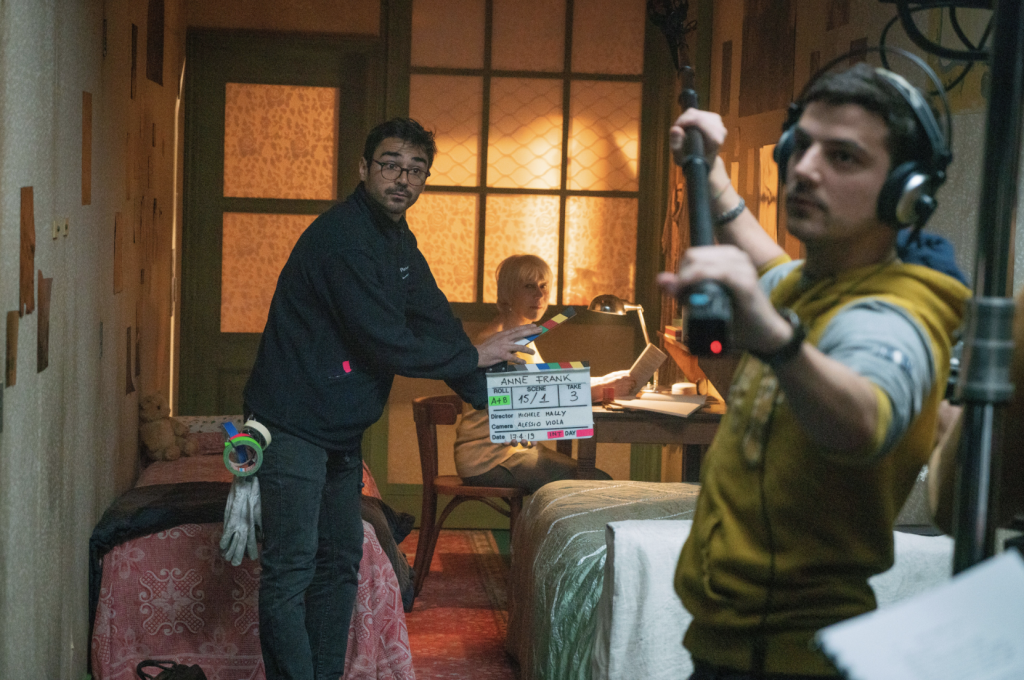
Importantly, the film also touches on the rise of Neo-Nazism and racism. The survivors talk of their fears as they see old hatreds re-emerge and flourish. Links between the treatment of the Jews and contemporary society’s treatment of refugees are made, with many interviewees seeing terrible and clear parallels between them. The film is both a reminder of horrors past and a warning: this terrible history happened, and we need to be careful that it never happens again. A simple message powerfully told and with real heart. It should be required viewing for schoolkids – and not only – the world over.
Anne Frank: Parallel Stories will be coming to select cinemas from 27th January
- Here’s Anne Frank: Parallel Stories trailer:

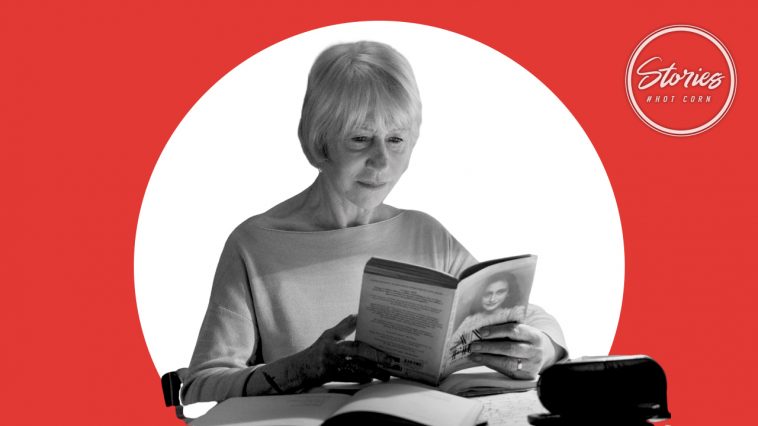




Leave a Comment